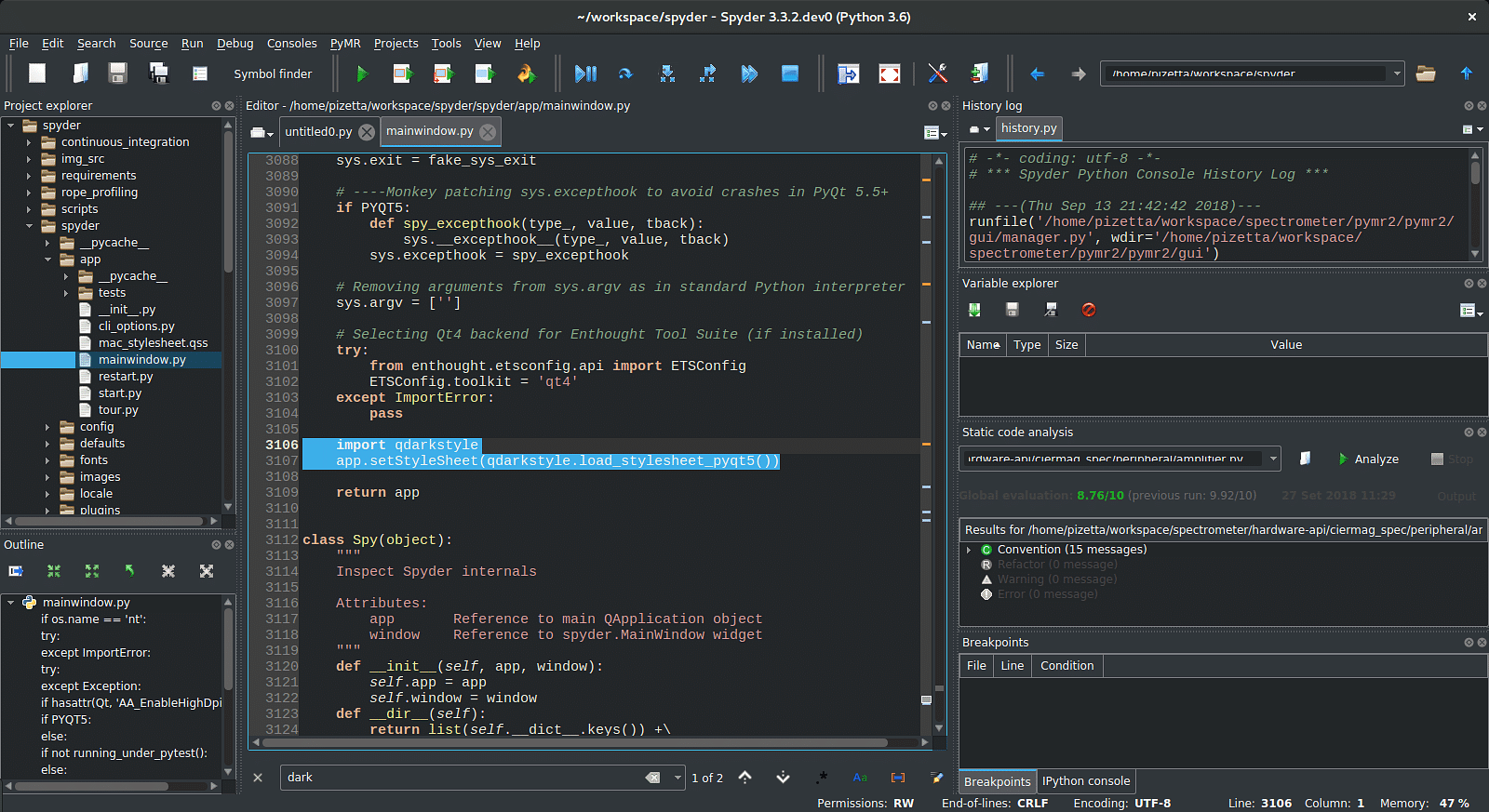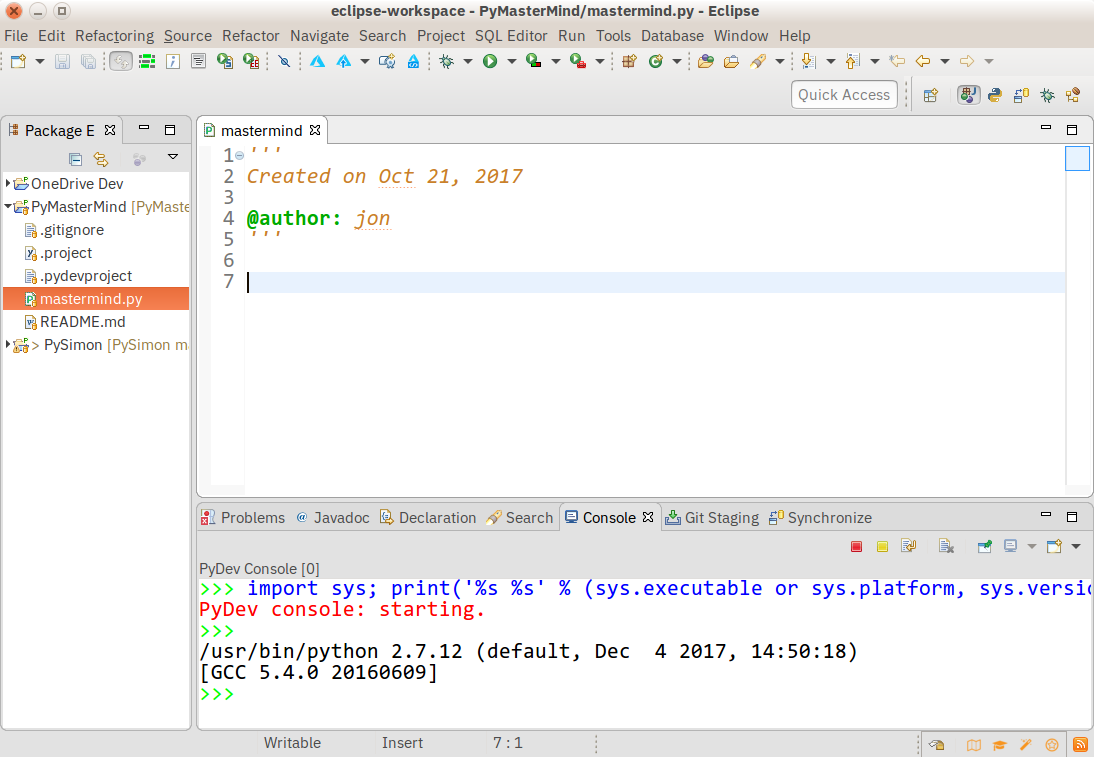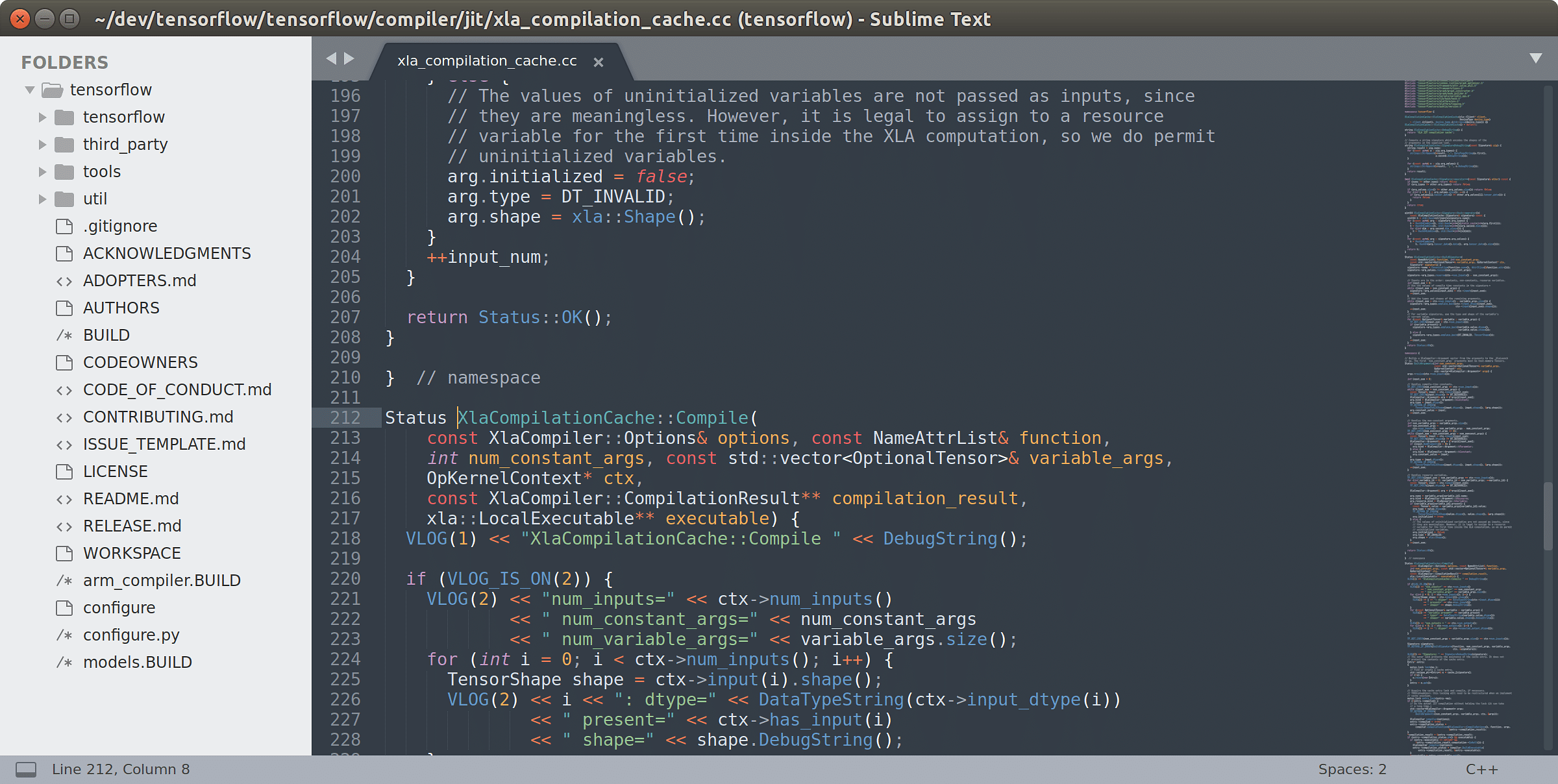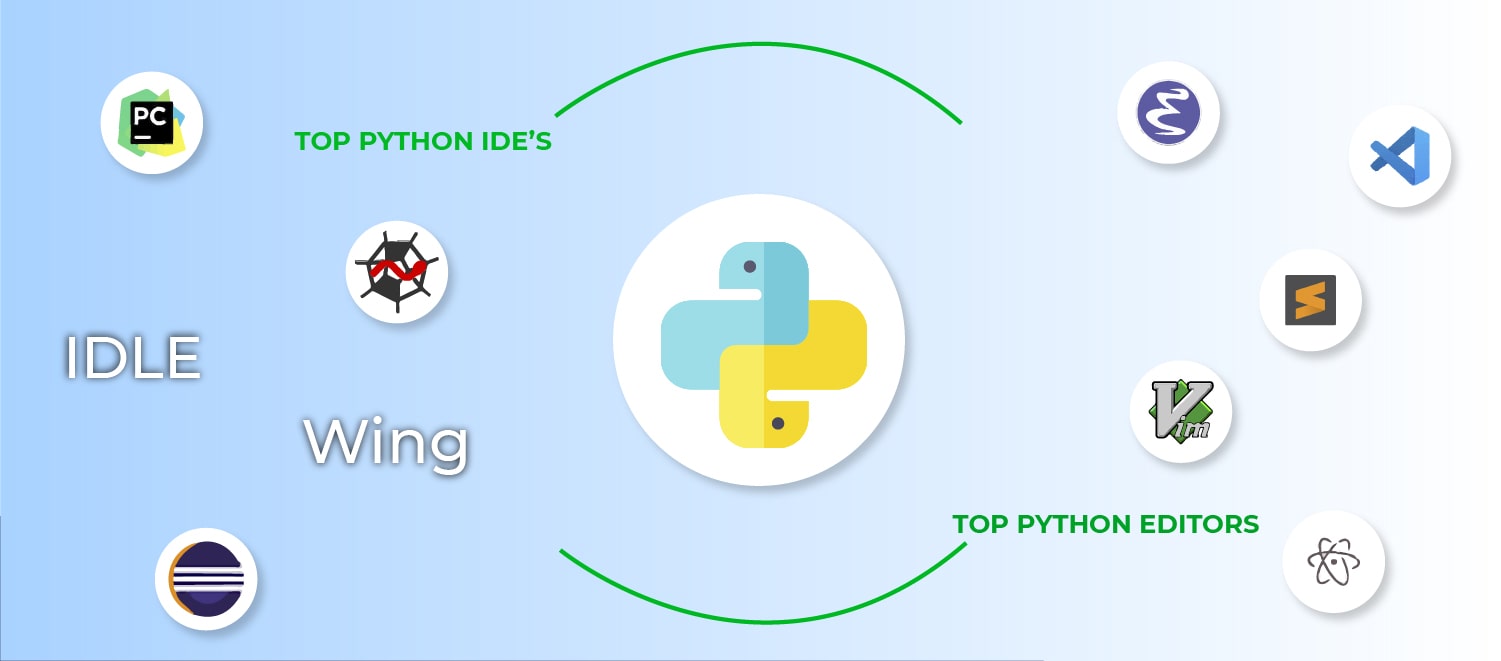errors
Large and active community, with plenty of resources and libraries available
Extensive documentation and support make it a great choice for beginners and experts alike
Python's Future in Development and AI/ML
Continued growth in the field of artificial intelligence and machine learning
Wide range of use cases and applications, including natural language processing, computer vision, and predictive modeling
Expected to remain a dominant language in development and AI/ML for years to come
Python's Role in Data Science and Visualization
Wide range of tools and libraries available for data manipulation, analysis, and visualization
Popular languages for data science, with a growing number of job opportunities in the field
Allows for easy and effective communication of results and insights to stakeholders and decision-makers.
Python's Usage in Industries like Finance, Healthcare, and Gaming
Widely used in finance for tasks such as algorithmic trading, risk analysis, and financial modeling
Applications in healthcare include data analysis, image analysis, and machine learning for disease diagnosis
Growing use in gaming for development and prototyping, as well as data analysis and machine learning for player beha
vior analysis.


















 Recommended Videos
Recommended Videos










